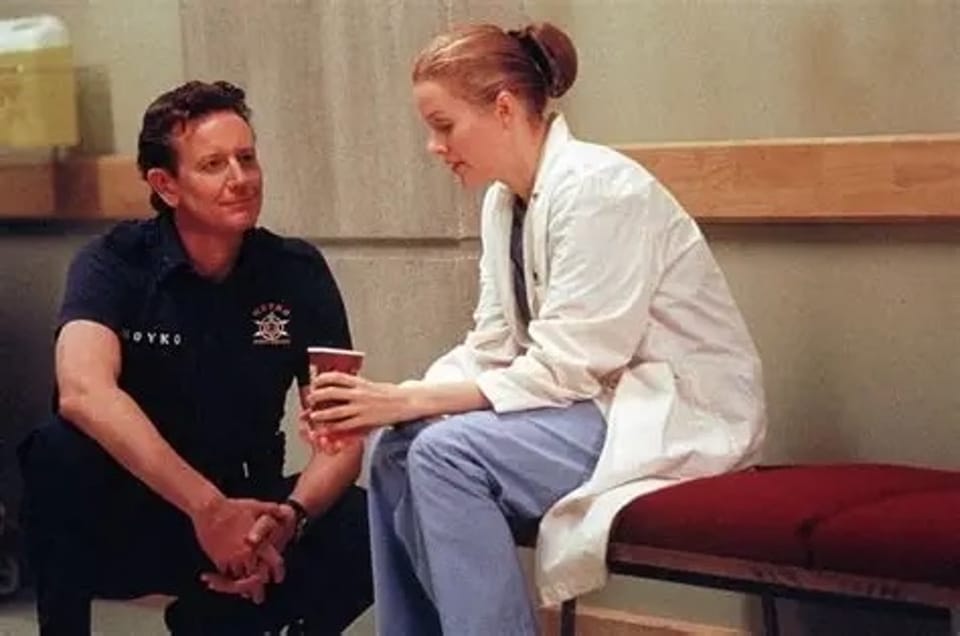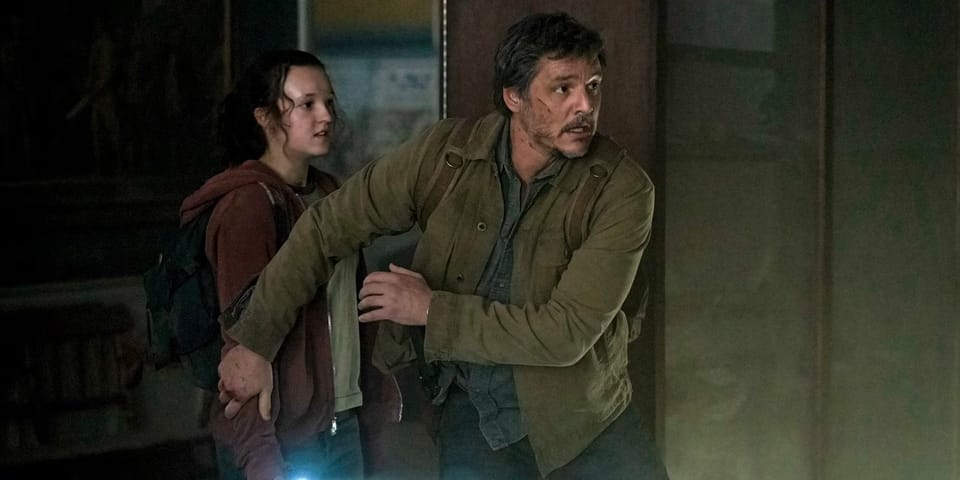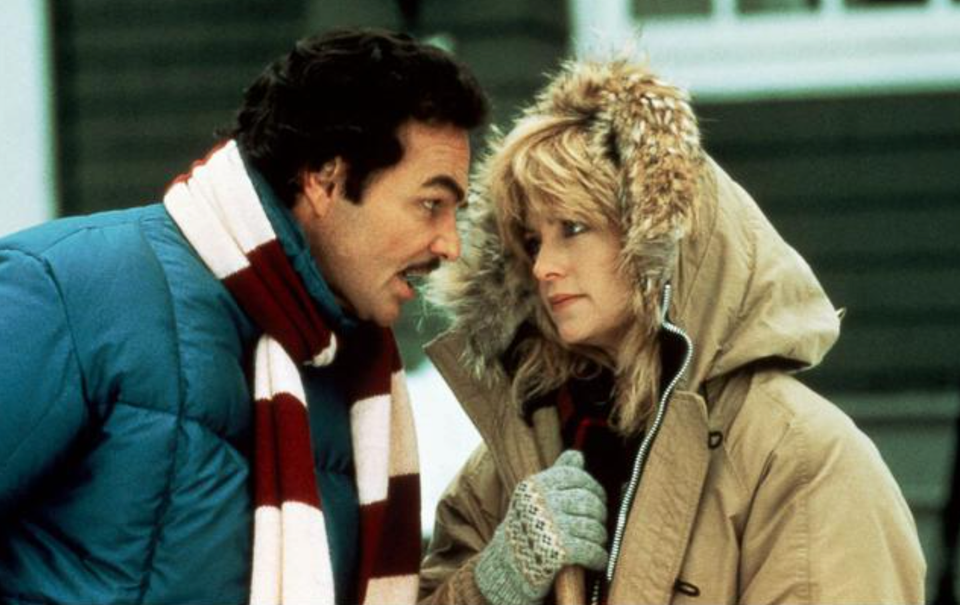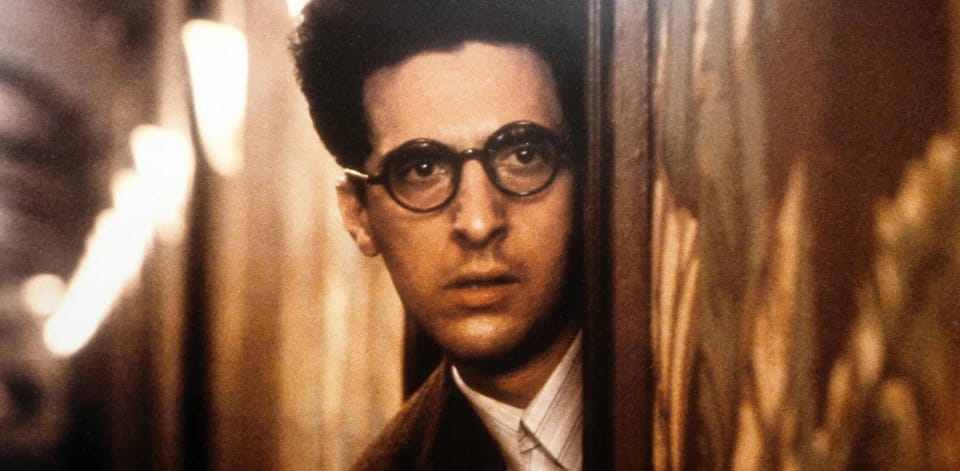Our skill goes where our attention goes.
The world wants your attention. Badly. But your creative energy is as much a limited resource as your time. Treat it as such.

The Story and Plot Weekly Email is published every Tuesday morning. Don't miss another one.
An update on Story and Plot.
I am under the weather after a week of travel and have not quite recovered. The trip, however, was worth it.
I was in Boise and got to meet some people I have only known online. It was a great reminder of just how important the human connection is to all of this.
We were all online creators trying to make the economics work for what we do.
When I refer to myself as a creator, I am referring to this Weekly Email and what I create for social media to help spread the word about it.
(Writing screenplays and making movies is another beast entirely. For that, I say I am a screenwriter.)
One of my main goals for the trip was to make some decisions about my teaching and how it can better fit with the rest of my life.
I made some progress there.
Some changes to Story and Plot.
Just like when we rewrite a screenplay, we don't go messing with anything until we know our intention. We determine our intention first and then make changes toward that.
Here are my goals for the upcoming changes to Story and Plot.
- I want a better balance between my writing and my teaching. I will explain this one in a bit.
- I want to work with my own students more and less "consulting" with people who haven't taken classes with me.
- I want to develop more projects from inception to first draft.
- I want more live sessions.
- I want to instill more personal connections between writers.
- I want to spend less time on social media.
How is any of this going to work?
Good question! I don't quite know yet. But here are a few things…
The first thing I did was raise the fee for a full screenplay consultation, with a considerable discount to those who have taken Mastering Structure and Idea to Outline.
This is my way of incentivizing students to take the courses first.
While I completely understand the desire to have someone read your screenplay and provide feedback, I am too expensive and overqualified for early writers to engage me in that way.
Not that I can't do wonders -- I can and I do! But you will get significantly more bang for your buck in my courses first. Because of the format, they provide so much information for less.
Seriously, I cannot tell you how much value is in those courses and how much it will change your approach to screenwriting.
Unless you're a professional or on the verge, I strongly encourage you to do those first before a full read consultation.
Next, I want to focus more on the Story and Plot Pro community.
We are having a blast there. As a teacher, being able to influence screenplays from the beginning is one of my favorite things.
There is also a significant self-selection bias among the people there. They are smart and talented, and while there is a wide range of experience, everyone is eager to learn and share their knowledge to help others.
We all work the same process I teach in the courses, with each person bringing a little something of their own to it.
I am going to teach more live webinars.
Not tons more, but more. Once every couple of months, maybe?
I really enjoyed working with Pipeline Artists and Story Summit. I will continue to collaborate with other organizations and then even teach some live courses of my own.
I enjoy that energy quite a bit and would like to do it more often.
Where did all this come from?
What prompted me to make changes rather than simply continuing in the same direction?
That's what this Story and Plot Weekly Email is all about.
Our skill goes where our attention goes.
The moment that made me realize I wanted to change course happened in the shower.
Yes, the shower.
As you know, we often do our best thinking when we're not actually writing.
Trying to convince a non-writer of this is challenging, but you get it.
I do some of my best stuff: 1) in the shower, 2) in bed waiting to fall asleep, and 3) Just staring at the index cards on the corkboard until I go into a daze and come out of it with a solution.
Others enjoy going for walks, while some prefer driving.
But back to the shower.
On the day in question, with the opportunity to think about anything and work to solve any problem I could think of…
I was thinking about a damn tweet.
I was thinking about a totally awesome post for my X account. And not a quick one. I was spending a good chunk of time on the hook, the wording, etc…
It was the moment I realized that this usually productive time was now for X posts.
I could feel a little something inside me break.
I had lost the plot.
Don't get me wrong. I enjoy social media.
I value the relationships I've formed there, and I know how much it has contributed to introducing my teaching to so many.
But I am actively writing a screenplay. I am actively working with students. My random (valuable) thinking time belongs to those two things, not on tomorrow's social media post.
I would never have consciously chosen to make an X post more important.
But that's irrelevant.
The attention I was giving it made that choice for me.
We must protect our attention.
Creating time for ourselves does not matter if our attention isn't there, too.
The world wants your attention. Badly.
There are, of course, things worth giving it to. But there are mostly things that are not.
Your creative energy is as much a limited resource as your time.
Treat it as such.
Don't waste it on mundane things. Be as intentional with it as you are words on the page.
Creating time for your screenwriting is useless if you don't have the creative energy to capitalize on it.
Does it make the boat go faster?
My friend Liza told me the story of the British rowing coach who took a disastrous national team and made them Olympic champions by asking the simple question, "Does it make the boat go faster?"
Then, eliminating everything that didn't.
And I mean everything.
The reality is much more complicated, of course, but the principle can apply to just about everything.
What does the boat going faster mean to you?
Does it help tell the story better?
Does it push your career ahead?
Does it improve your personal relationships?
Does it help you accomplish any of your goals?
And with which goal and what priority?
The only way to answer is to be intentional first.
Squirrels and shiny things will take our eyes off the ball all the time.
How much effort are you really going to put into that pitch deck?
Are you really going to write another screenplay with the same process that didn't work the last time?
Am I really going to spend valuable creative energy on a tweet rather than the screenplay I'm working on?
Ways I'm trying to be more intentional.
Know what I am working on at any moment.
To me, this involves breaking the project into smaller steps and focusing on each one.
This way, I am not "working on my screenplay," I am "Working on Sequence 1," or "Working on Act 2B," or even "Trying to figure out the midpoint."
"The scene where she comes home."
If I start my day knowing my goal and what I want to accomplish, I am much less likely to get distracted.
If I know next steps, I can hit the ground running.
This also helps during those so-called downtime periods. When I lie down to sleep, I know what problems I am trying to solve and what scenes I can imagine in my head.
If I want to think about the project, I know what I want to think about.
Protecting my physical space.
My office has turned into a small studio. I have four screens, lights, a camera, and a microphone arm. It makes my live online classes, the courses I record, and my TikTok videos much easier.
But there are countless distractions to my writing. It's not a good place to write.
So I created a second office.
It's a small nook, but it has a door. There's nothing in there but a table to write on and a chair to read in. I put an old laptop in there, with only writing apps on it. There are no passwords, so I'm unable to access social media, but I can conduct research if needed.
Everything in the room says, "This is for writing and reading only."
All my other business I do in the office.
The goal is to eventually not have to be so intentional.
Being this intentional about every little thing is a chore. But the conscious intention eventually becomes habit.
You start processing that information at a faster rate.
Once it becomes habit and muscle memory, you do not have to exert the same mental energy to get it done.
At that point, that mental energy can go elsewhere.
We all have different priorities and different resources.
And we are at different stages of our life.
My favorite memories of writing are when I first started.
I would wake up and write. Write through the day. I would usually write at night.
I would think about the project as I went to bed.
The next day, I'd get up and write again.
I worked on one project at a time, and I was obsessive.
And I loved it.
Those days are GONE. It's always multiple projects now. I have other responsibilities. I teach. I have family and friends that I want to spend time with.
And my schedule is still relatively agile compared to others.
We work with what we have.
Maybe you're a new parent. Perhaps your kids are in high school and no longer require as much attention. Maybe you're an empty nester or even retired!
Whatever season of your life you're in, we make choices.
We decide our goals. And within whatever limitations or assets we have, we should always ask: What makes the boat go faster?
The Story and Plot Weekly Email is published every Tuesday morning. Don't miss another one.
When you're ready, these are ways I can help you:
WORK WITH ME 1:1
1-on-1 Coaching | Screenplay Consultation
TAKE A COURSE
Mastering Structure | Idea To Outline




